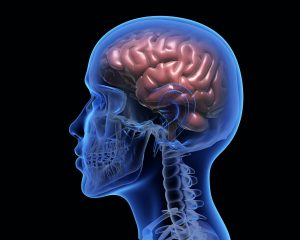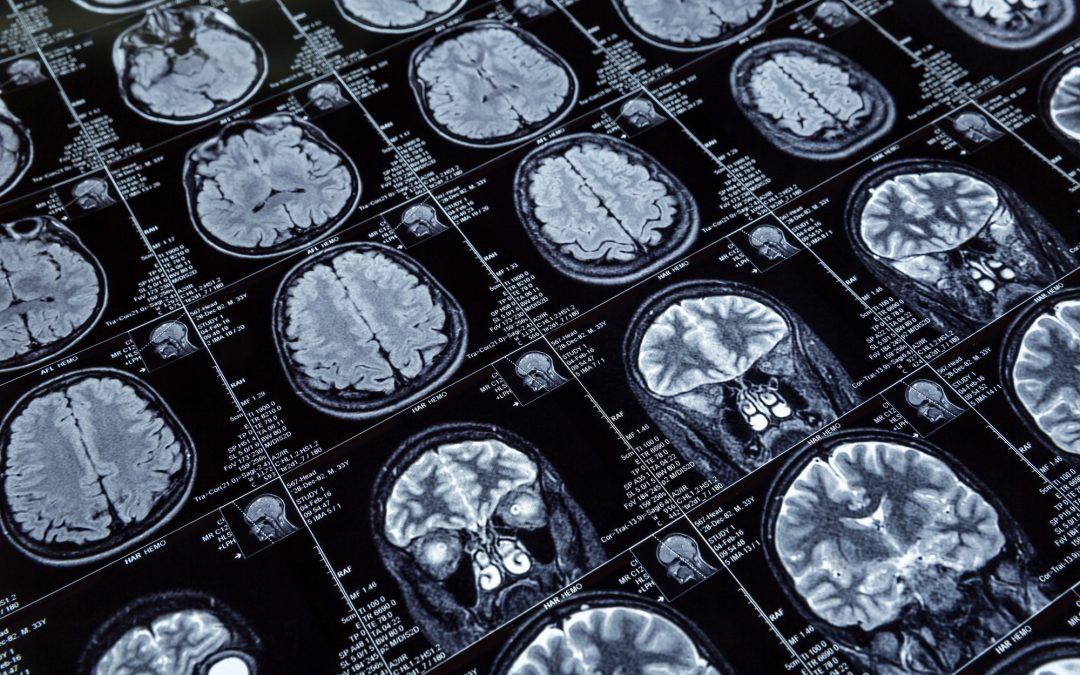New research suggests there may be a connection between high blood pressure and cognitive decline. Learn how it can affect your health.
High blood pressure (or hypertension) may affect anyone – and if you experience it at any age, it may affect cognitive decline. According to new research available in Hypertension, those with hypertension may experience cognitive decline at a faster rate.
The retrospective study, which had more than 15,000 participants, suggests that hypertension later in life may have a connection with worsening memory and global cognition. Moreover, memory decline was associated with those who had hypertension during middle age.
There may also be a link between prehypertension and accelerated cognitive decline. Prehypertension is when systolic blood pressure is between 120-139 mmHg and diastolic is between 80-89 mmHg.
According to study investigator Sandhi M. Barreto, MD, PhD, controlling blood pressure “can substantially reduce hypertension’s deleterious effect on the pace of cognitive decline.” Barreto is a professor of medicine at Universidade Federal de Minas Gerais, Belo Horizonte, Brazil.
 Is More Research Necessary?
Is More Research Necessary?
While it’s clear that hypertension is a high risk factor for cognitive decline, more research is necessary to pinpoint the age at which it begins to affect cognition. According to previous research, it may be more harmful if people experience it during middle age.
Having an onset during middle age may lead to worse cognitive effects later on in life. For instance, some researchers note that the duration of hypertension may have an impact on the severity of cognitive decline.
Furthermore, studies suggest that prehypertension may lead to organ damage, although it’s still unclear how it affects cognition. Likewise, it’s still unclear how blood pressure control through antihypertensive medications can impact cognition.
The Study
Researchers studied data from the ELSA-Brasil study, an ongoing, multicenter study. The study tracks 15,105 civil servants ages 35 through 74. Barreto and the research team analyzed data from visit 1 (2008-2010) and visit 2 (2012-2014).
Study participants went through a verbal fluency test, a memory test, and the Trail Making Test Part B. To get a global cognitive score, researchers based their calculations on the Z scores for these tests.
Among the variables, researchers measured hypertension status, age, treatment, control status, and duration of diagnosis. In addition, they also included other covariables such as education, sex, race, physical activity, smoking status, BMI, and cholesterol levels.
At visit 1, 22% of participants had prehypertension and 46.8% had hypertension. From those with hypertension, 7.3% were not taking medications for their condition. Of the ones who were taking medication, 31.2% had uncontrolled blood pressure.
The Outlook
While there may be a connection between high blood pressure and cognitive decline, it’s always better to prevent. Decreasing the risk of high blood pressure can be done through regular exercise, healthy diets, and even taking supplements.
For example, L-arginine Plus contains ingredients that will safely and effectively boost circulation in the body. As a result, you may experience lower blood pressure levels and higher energy levels necessary for working out.
Consider all your options as you work to decrease the risk of both high blood pressure and cognitive decline.

